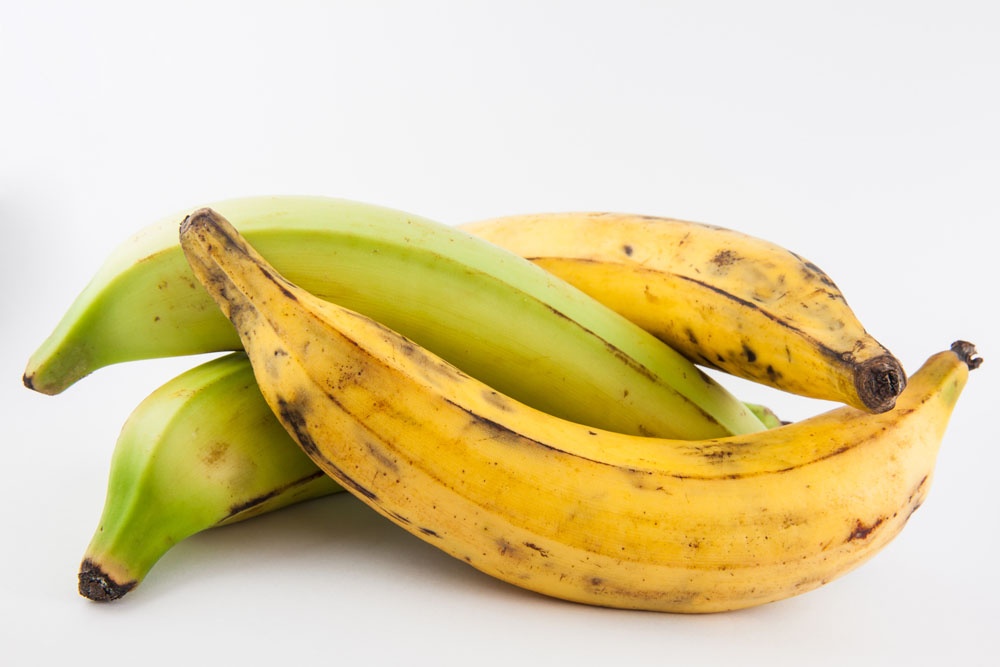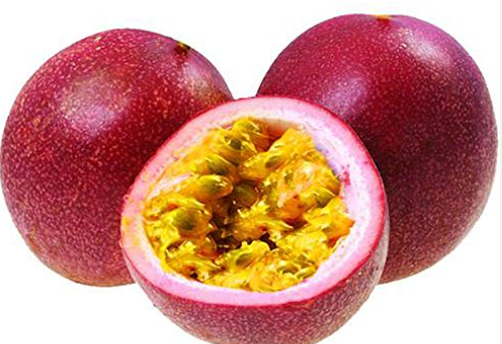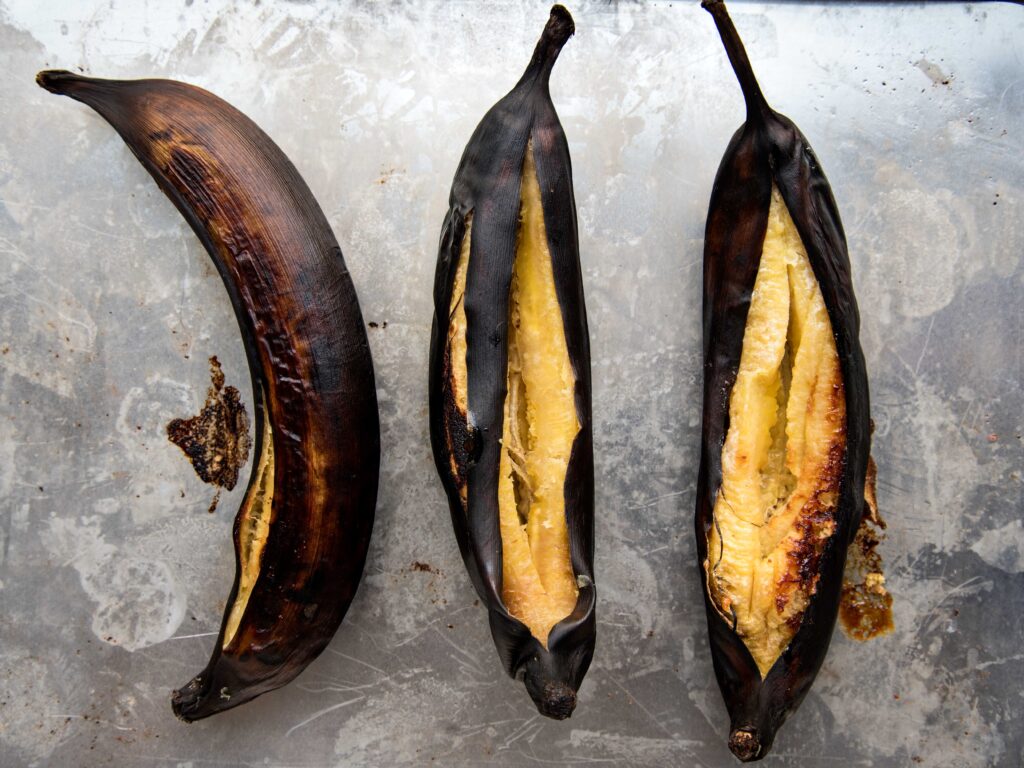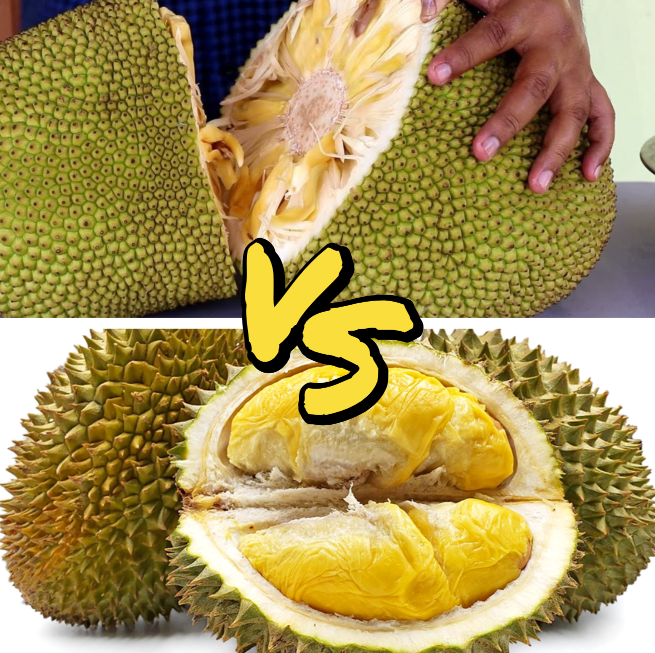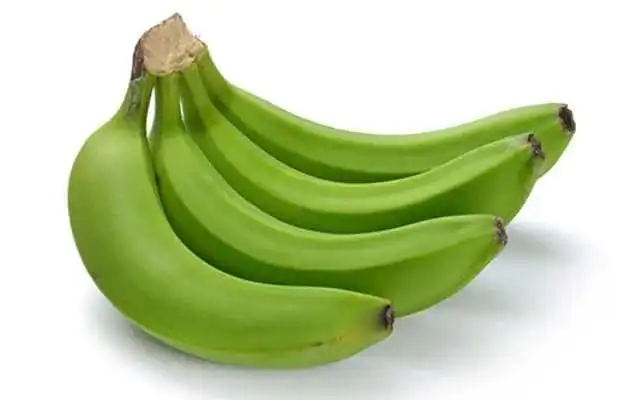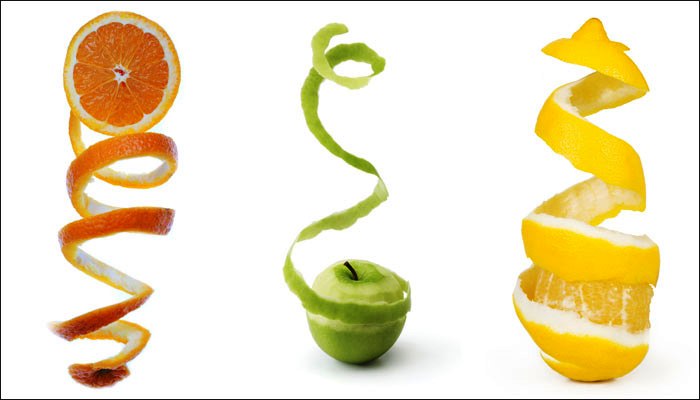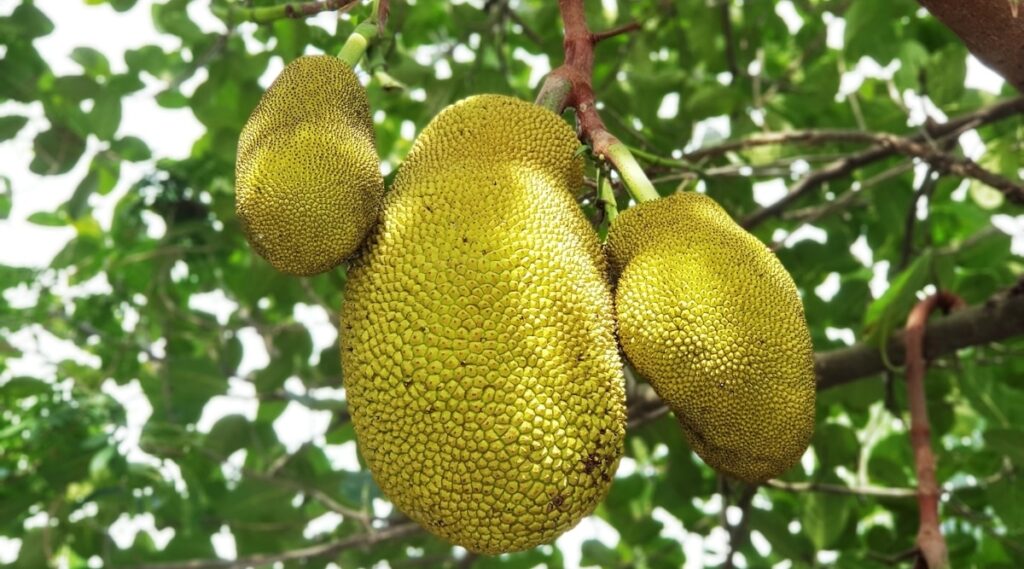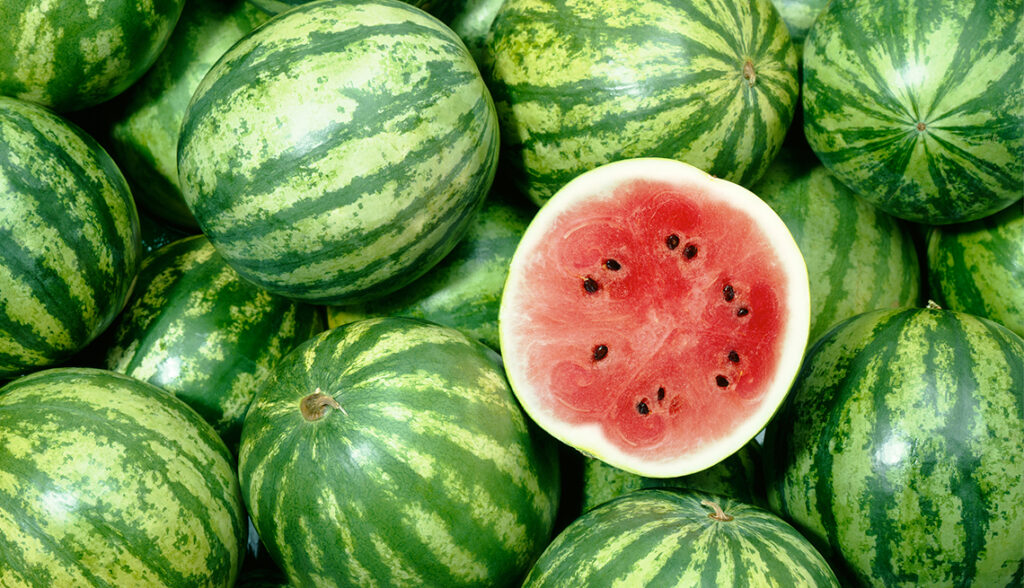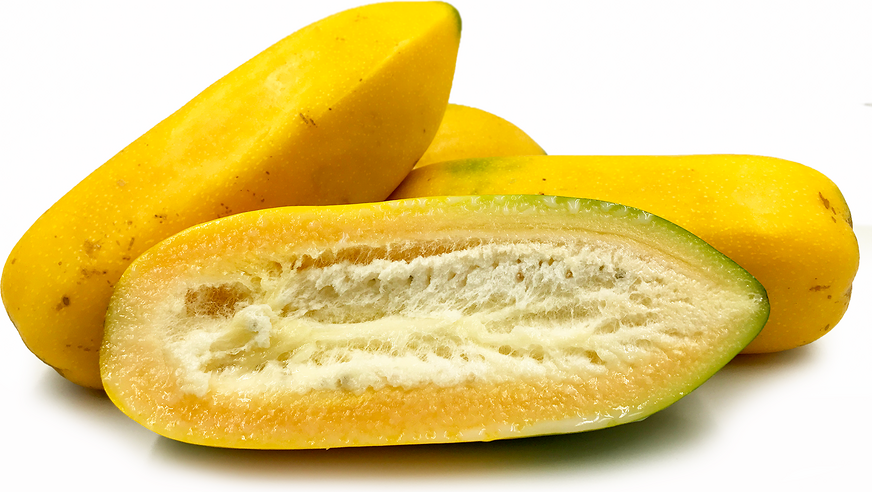- Do a small test – Try vinegar on a little part of the fruit first to make sure it doesn’t get damaged.
- Wash them well – You don’t want any vinegar left on the fruit because it could spoil it.
- Be careful with kids – Keep an eye on children when using vinegar because it’s not good if they drink it.
- Think about allergies – If someone is allergic to vinegar, it’s best to clean their fruits just with water.
As long as you’re careful, using vinegar to wash fruits is completely safe and good for making sure your produce is clean.
Table of Contents
- To Wrap Up
- Why Use Vinegar to Clean Fruits?
- Choosing the Best Vinegar
- 1. White Vinegar
- 2. Apple Cider Vinegar
- 3. Wine Vinegar
- 4. Balsamic Vinegar
- Diluting Vinegar for Fruit
- How to Clean Fruits with Vinegar
- 1. Wash and Prep
- 2. Soak
- 3. Agitate
- 4. Rinse
- 5. Dry and Store
- Vinegar Fruit Cleaning Guide by Type
- 1. Berries
- 2. Citrus Fruits
- 3. Melons
- 4. Pineapple
- 5. Apples
- 6. Stone Fruits
- 7. Pears
- 8. Grapes
- How to Keep Vinegar-Washed Fruits Good
- Tips to Stay Safe When Cleaning Fruits with Vinegar
- To Wrap Up
To Wrap Up
Using vinegar to clean your fruits is a simple and natural method to get rid of unwanted stuff and germs. Vinegar, being acidic, can dissolve these impurities and make fruits last longer once you rinse them off.
It’s important to not use too much vinegar and to not leave fruits in it for too long. If you clean them right, rinse them well, and keep them stored properly, your fruits will be ready and safe to eat. Vinegar is a great way to keep your fresh-produce clean, fresh, and safe.
Using vinegar to clean and sterilize fruits is an easy and safe method. It’s cheaper than buying special cleaners and it’s better for the environment. Plus, vinegar doesn’t leave behind bad chemicals on your food.
Vinegar is slightly acidic, which helps it get rid of things like dirt, bugs, and germs that might be on your fruits. It can also help your fruits last longer. Here’s how to use vinegar to clean lots of different kinds of fruit.
Why Use Vinegar to Clean Fruits?
Cleaning your fruits with vinegar has a lot of benefits:
- It removes chemicals and pesticides from your fruit, making it safer to eat.
- Vinegar kills germs and bacteria that can make you sick.
- Fruits stay good to eat for longer when you clean them with vinegar.
- Vinegar is not harmful to the earth and breaks down naturally.
- It’s a cheap way to keep your fruits clean.
Choosing the Best Vinegar
But not just any vinegar is good for cleaning fruits. Let’s find out which ones work the best.
1. White Vinegar
White vinegar is very powerful for cleaning and is good to use around the house. It has a strong action against germs and cleans off unwanted stuff from fruit easily. Use a type called distilled white vinegar, which has 5% acid.
2. Apple Cider Vinegar
Apple cider vinegar is also good for cleaning fruits, especially the softer types. The best kind is organic and not heated (unpasteurized), because it has all the good cleaning properties.
3. Wine Vinegar
Wine vinegar, either red or white, is about the same as other vinegars for cleaning fruits. But it might change the taste of the fruit, so think about that before using it.
4. Balsamic Vinegar
Balsamic vinegar is not so strong for cleaning. It’s better to pour on food after you cook it, rather than to clean fruit.
Diluting Vinegar for Fruit
It’s not a good idea to put fruits directly into vinegar because it’s too acidic and can damage them. The best way is to make it less strong by mixing it with water.
A good recipe for a cleaning mix is:
- 1 cup of vinegar
- 3 cups of water
This blend isn’t too harsh and still cleans your fruit well. If you’re cleaning soft fruits like berries, you might want to use even more water (like 1 part vinegar to 5 parts water).
If you’re not sure, use more water than vinegar. Putting fruits in strong vinegar could spoil them.
How to Clean Fruits with Vinegar
After you make your vinegar-water mixture, cleaning fruits is simple:
1. Wash and Prep
First, rinse your fruits under cold water. Then take off any parts you won’t eat, like stems or bad spots.
2. Soak
Put the fruits into the vinegar-water mix. How long to soak them depends on the fruit:
- Soft fruits like berries: 1-2 minutes
- Medium soft fruits: 3-5 minutes
- Harder fruits: 5-10 minutes
3. Agitate
While the fruits are soaking, swirl them around gently. This helps get more of the bad stuff off.
4. Rinse
After soaking, pour out the vinegar water and give the fruits a good rinse to wash away any leftover vinegar taste.
5. Dry and Store
Dry your fruits with a clean towel or just let them air dry. Then keep them cool in the fridge so they stay fresh longer./wp:paragraph –>
Vinegar Fruit Cleaning Guide by Type
Each fruit has a best way to be cleaned with vinegar:
1. Berries
Rinse berries quickly in the vinegar-water mix since they’re very delicate. Just 1-2 minutes is enough.
2. Citrus Fruits
Citrus fruits like oranges and lemons have a thicker skin, so you can clean them well with a brush dipped in the vinegar solution. They can be soaked for 5-10 minutes to make sure all the wax and dirt come off.
3. Melons
For melons, it’s important to wash the outer part because a knife can carry bacteria from the skin to the inside when you cut it. Use the vinegar-water mix to make sure all the germs are gone.
Cut melons like cantaloupe, honeydew, and watermelon in half, then get rid of the seeds. Put the halves cut-side down in a mix of vinegar for about 5 minutes. This helps clean the melons with a net-like skin and the cut part too.
4. Pineapple
Pineapples have a tough skin that can hold onto dirt. Grab a brush for fruits and use it to clean the pineapple while it’s in the vinegar water for about 5 to 10 minutes.
5. Apples
Clean and remove the middle part of apples. Then, dip them in a weak vinegar solution for 5 minutes. The vinegar is good for breaking down and washing off the waxy stuff on the skin of the apples.
6. Stone Fruits
Fruits with a pit inside, like peaches, plums, nectarines, apricots, and cherries, should soak in vinegar for 5 minutes. This makes the fuzzy or soft skins clean and can help these kinds of fruit stay good for longer.
7. Pears
Pears are pretty tough, so they can handle the acid in vinegar. Soaking them for 5 to 7 minutes helps the vinegar get through the skin and clean off the dirt. Make sure you rinse them a lot afterward.
8. Grapes
Put grapes still on their stems right into the vinegar solution, stir them around, and leave them there for 3 to 5 minutes. Vinegar is really good at cleaning the delicate skins of grapes.
How to Keep Vinegar-Washed Fruits Good
To make sure your fruits stay good after cleaning them with vinegar, do the following:
- Keep them cold – Keeping fruits in the fridge helps them last longer without going bad.
- Make sure they’re dry – If there’s any vinegar left, it can make the fruit go bad faster.
- Store them right – Use containers meant for food to prevent them from touching cleaning products.
- Eat them in 5 days – Even with vinegar cleaning, the fruits won’t stay fresh forever.
- If you cook them, eat right away – Once you cut or cook the fruits, they won’t stay good for long.
Remember to store your fruits properly after using vinegar. It can help them stay fresh, but they won’t stay good for too long, so enjoy them soon.
Tips to Stay Safe When Cleaning Fruits with Vinegar
Cleaning with vinegar is mostly safe, but it’s good to follow some advice:
- Do a small test – Try vinegar on a little part of the fruit first to make sure it doesn’t get damaged.
- Wash them well – You don’t want any vinegar left on the fruit because it could spoil it.
- Be careful with kids – Keep an eye on children when using vinegar because it’s not good if they drink it.
- Think about allergies – If someone is allergic to vinegar, it’s best to clean their fruits just with water.
As long as you’re careful, using vinegar to wash fruits is completely safe and good for making sure your produce is clean.
To Wrap Up
Using vinegar to clean your fruits is a simple and natural method to get rid of unwanted stuff and germs. Vinegar, being acidic, can dissolve these impurities and make fruits last longer once you rinse them off.
It’s important to not use too much vinegar and to not leave fruits in it for too long. If you clean them right, rinse them well, and keep them stored properly, your fruits will be ready and safe to eat. Vinegar is a great way to keep your fresh-produce clean, fresh, and safe.

